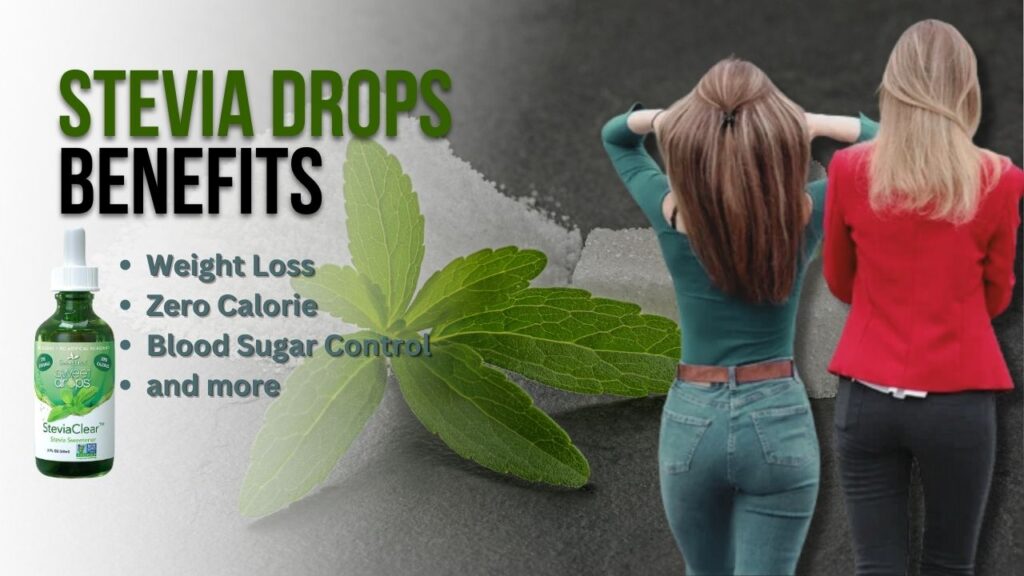Understanding Heat Health: Why It Matters More After 40
If you’re over 40, you may have already noticed your body responding differently to heat—your energy drops quicker, you feel faint after short walks, or perhaps your heartbeat occasionally feels… off. These are not just signs of age—they could be signs your heart is under stress.
As global temperatures rise, heat-related health issues are becoming more common, especially among people aged 40 and up. One critical area of concern? Your heart.
This blog post explores the connection between heat and heart health—focusing on two often misunderstood conditions: Premature Ventricular Contractions (PVCs) and Ventricular Tachycardia (VT).
What Are PVCs and VT—and Why Should You Care?
When it comes to your heartbeat, every beat matters.
Premature Ventricular Contractions (PVCs)
PVCs are early, extra heartbeats that begin in the ventricles. Often, they feel like a “skipped beat” or a mild flutter. For many people, especially those without existing heart issues, they are harmless.
Key Points:
- Common in people over 40, especially during dehydration or high heat
- May feel like a skipped or strong heartbeat
- Often benign, but frequent PVCs can signal underlying issues
Ventricular Tachycardia (VT)
VT is a rapid heart rhythm originating from the ventricles. Unlike PVCs, VT is sustained and dangerous. It can lead to fainting, cardiac arrest, or worse if untreated.
Symptoms Include:
- Dizziness or lightheadedness
- Chest pain or palpitations
- Sudden fainting
VT requires immediate medical intervention.
Heat and Heart Rhythm: What’s the Connection?
The connection between heat and heart health isn’t just a theory—it’s backed by science. When your body is hot, your heart works harder to cool it down. This extra strain can trigger irregular rhythms, especially in people with high blood pressure, diabetes, or other pre-existing conditions.
Key Risk Factors Include:
- Dehydration
- Electrolyte imbalance
- High humidity
- Physical activity in extreme temperatures
Even healthy individuals may notice unusual heartbeats during intense summer heat. That’s why it’s essential to stay informed and recognize early warning signs.
Prevention Tips: Protect Your Heart in Hot Weather
If you’re over 40, these heat health tips can go a long way:
- Stay Hydrated: Drink water frequently—even if you’re not thirsty.
- Avoid Peak Heat Hours: Exercise early morning or late evening.
- Monitor Your Heart: Invest in a smartwatch or heart rate monitor.
- Know Your Baseline: Recognize what’s normal for your body.
- Rest When Needed: Fatigue can be your heart asking for a break.
- Stay Informed: Read up on common heart issues and how to prevent them.
Learn more about the difference between PVCs and VT and why they matter in this video:
When Should You See a Doctor?
Here are clear red flags to act on:
- Persistent skipped or irregular beats
- Feeling dizzy or faint, especially in heat
- Shortness of breath not linked to exertion
- Sudden chest discomfort
Don’t wait. Early intervention can be life-saving.
Want Trusted Heart Health Insights—Without the Noise?
If you want to stay ahead of the curve when it comes to your heart and heat health, we’ve got you covered. Sign up for free expert-backed updates, articles, and resources designed specifically for people over 40.
Final Thoughts
Heat-related heart issues are real—and increasingly common. Knowing the difference between a harmless flutter and a dangerous rhythm could save your life or someone you love.
Stay informed, stay hydrated, and remember: your heart deserves your full attention—especially after 40.





